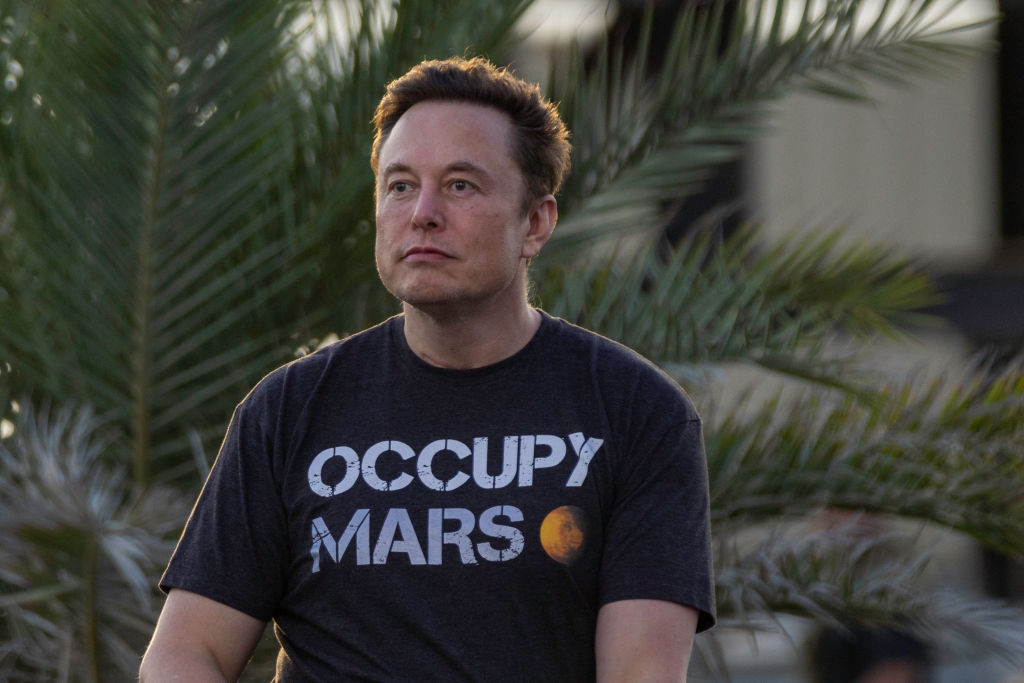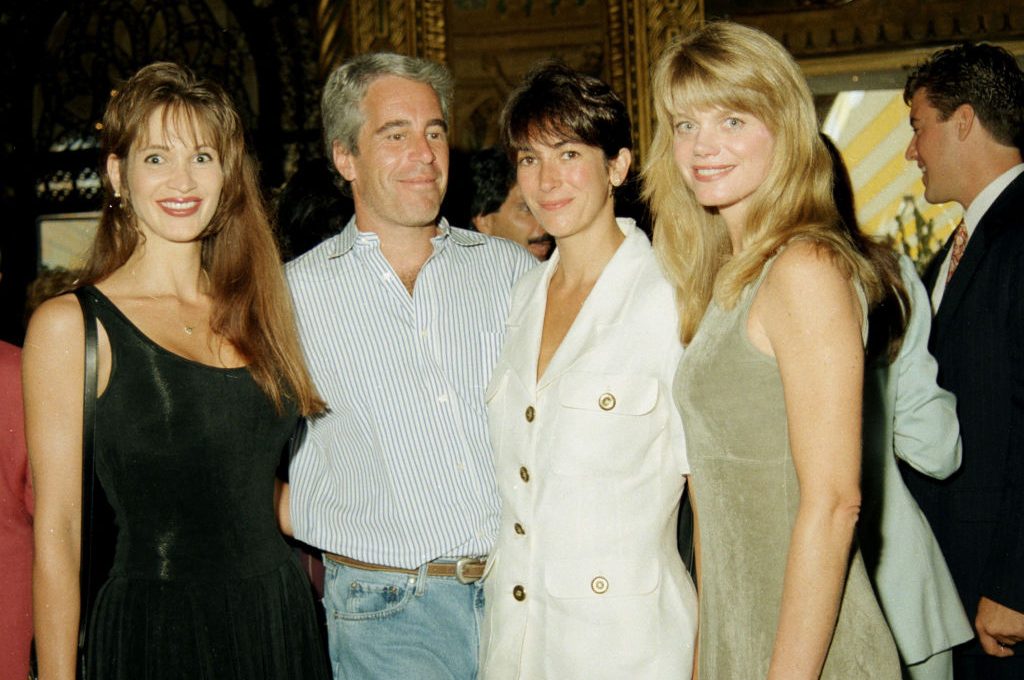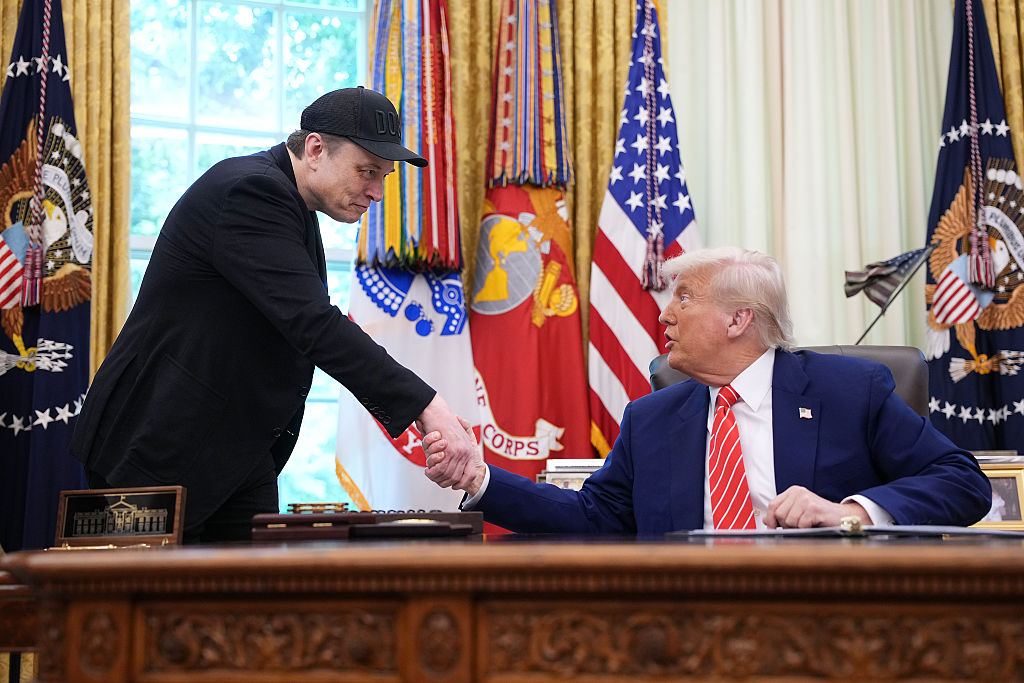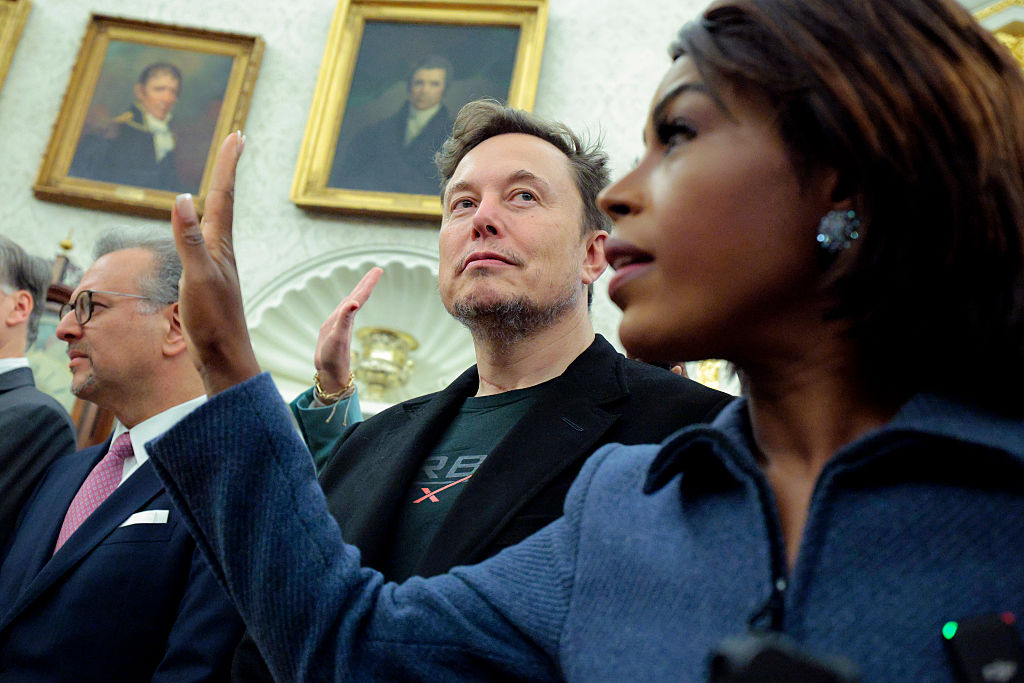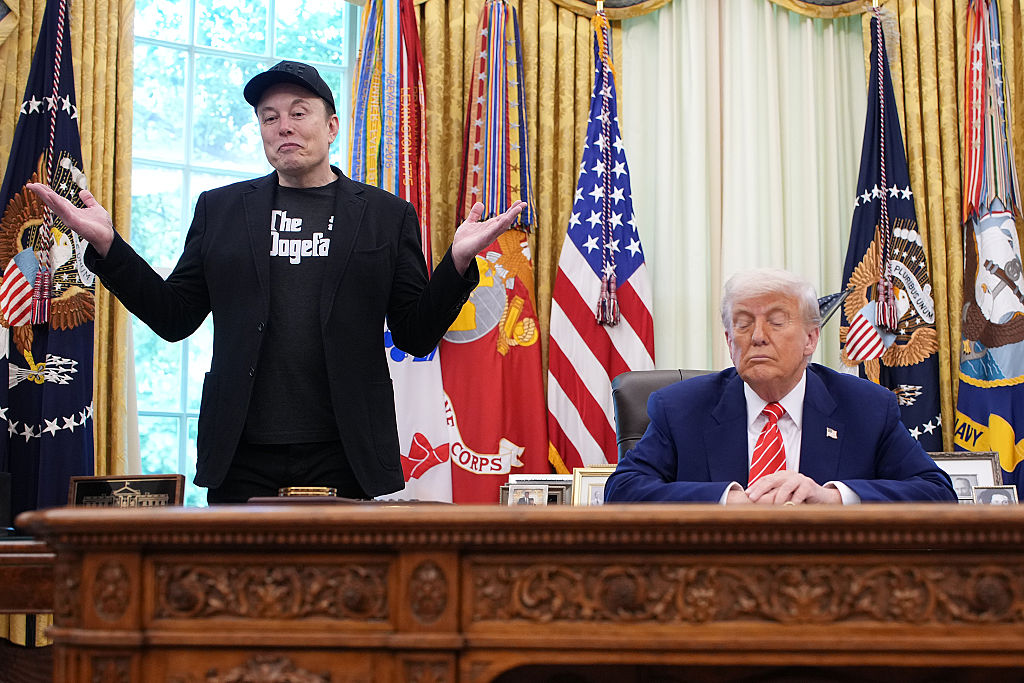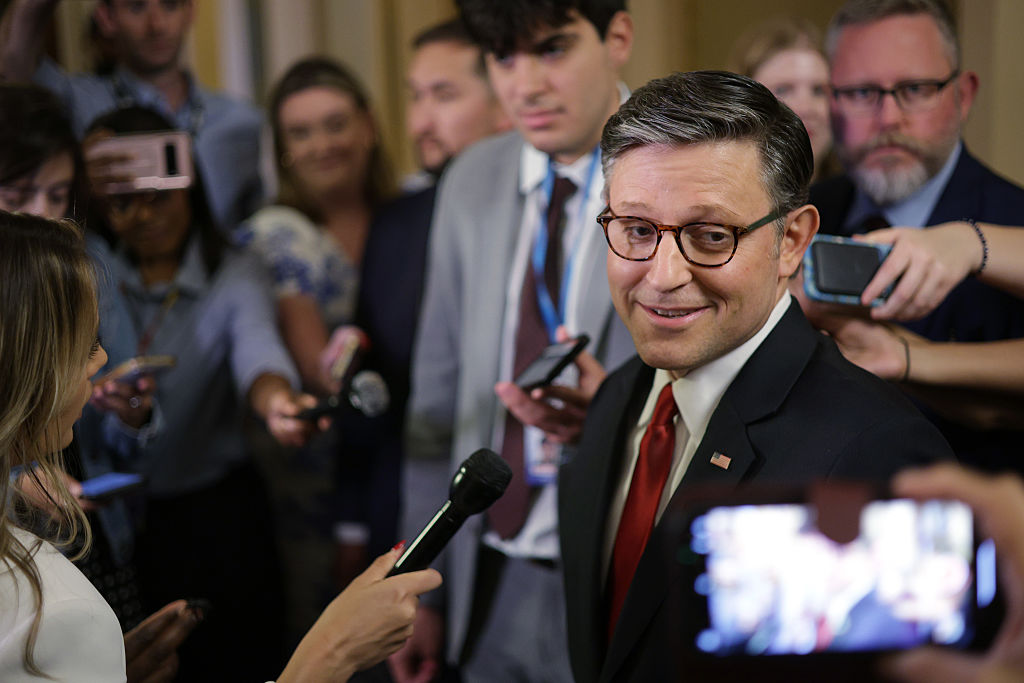Elon Musk, the Twitter owner, is in his own words a “free speech absolutist.” He promised to combat censorship and allow a broader range of voices on the social media platform as part of his pitch for acquiring the company last October. It is therefore hard to square his free speech bombast with recent events in India where the social media giant is playing corporate lackey to a government hooked on using censorship as a way of silencing political dissent and debate.
Twitter is facing a growing backlash after bowing to the latest official demands by Prime Minister Narendra Modi’s government to block the accounts of government critics, including more than 100 prominent activists, journalists and politicians in India and abroad. The ban even stretched to the Twitter feed of the Canadian poet Rupi Kaur, whose poetic outpourings can hardly be deemed a grave political threat except perhaps in the increasingly paranoid minds of India’s rulers.
In not pushing back harder, Twitter is culpable of aiding and abetting the country down a repressive path
The pressure to block accounts came in the wake of a controversial government internet shutdown last month in the Indian state of Punjab, where the authorities were trying to apprehend a fugitive Sikh nationalist leader. The blackout cut communications across a geographical area that is home to more than 30 million people. It was a crude but effective means of denying all access to basic information and tantamount to blanket censorship of any form of public debate.
The authoritarian tendencies of India’s government are not especially new. It introduced controversial legislation in 2021 aimed at regulating all forms of digital content. This gave ministers sweeping powers to decide what constitutes content deemed “unlawful” — code for virtually anything critical of the government. It was aimed at taming independent online sites and social media platforms — and carried the threat of jail terms for those who refused to comply.
In effect this has turned India, which has long boasted of being the world’s biggest democracy, into a country where those who do not portray Modi and his allies in a good light are seen as fair game. What is worrying and new is the role played in this by the technology giants.
Twitter has, in the past, made some attempts to resist Indian state censorship but its position is far less clear since Musk’s takeover. Its role as one of the few remaining safe spaces for some form of free speech in India is in genuine peril. In January, for example, Twitter agreed with unseemly haste to a government order to censor a BBC documentary investigating longstanding and hotly contested allegations of human rights abuses made against Modi. Social media links to videos from the documentary were promptly removed.
Replying to a recent tweet questioning the company’s part in the growing censorship in India, Elon Musk hit back: “It is not possible for me to fix every aspect of Twitter worldwide overnight, while still running Tesla and SpaceX, among other things.” He is too busy, in other words, to fight the growing dangers posed by state censorship.
Instead, he appears to view such threats as meriting no greater importance or urgency than fixing any other technical glitch. This attitude feeds into wider longstanding suspicions that tech giants will always prioritize their commercial interests over any wider responsibilities to society. This is complacent and short-sighted.
Modi’s government is making the use of draconian measures to suppress dissent an acceptable norm in what passes for a democracy. Twitter, in not pushing back harder against this censorship, is culpable of aiding and abetting the country down a repressive path.
Elon Musk has the power to do his bit to help protect free expression. The question is whether he cares enough about what is really going on in places like India or whether he is simply more interested in monetizing every aspect of his new business.
Musk has previously suggested he intends to step down as Twitter CEO. If he really is too distracted to take a stand on attempts to quash basic freedoms then the sooner he hands control to someone else the better.
This article was originally published on The Spectator’s UK website.



